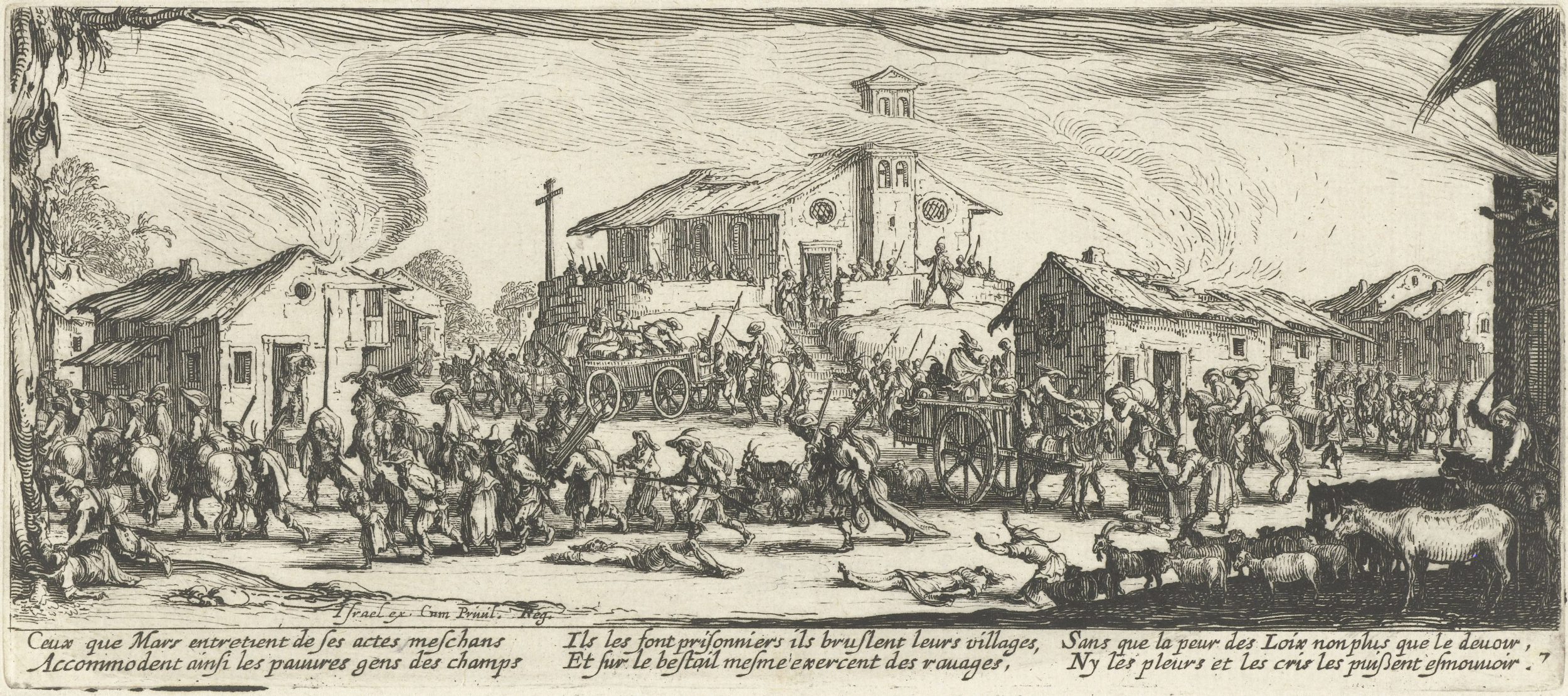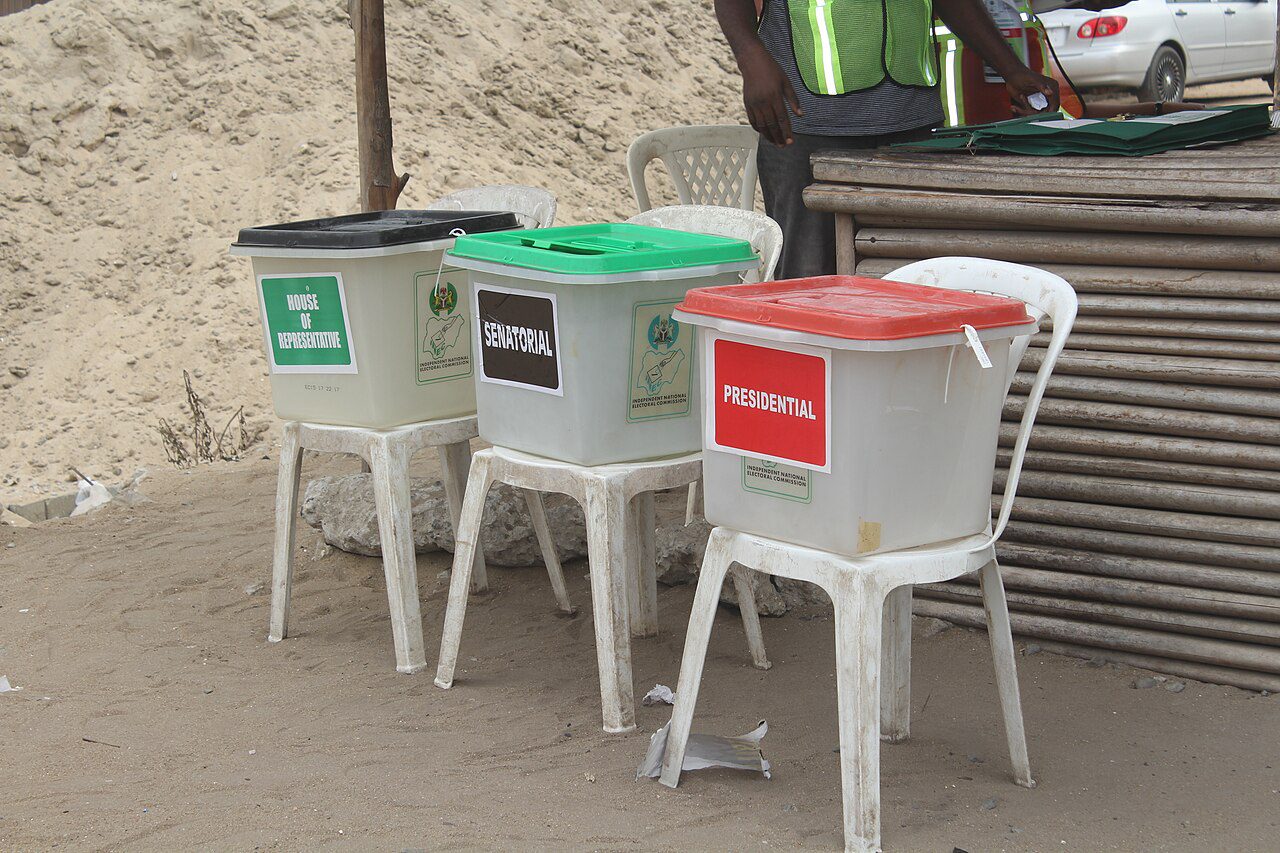As my framework of the “political marketplace” becomes more widely referenced among people who study Africa and the Middle East, I am increasingly asked, “doesn’t it apply in the United States as well?”
Since January, we have been finding out. The lens of transactional politics works remarkably well for understanding the conduct of the current U.S. administration.
All politics consists of a mix of rule-governed institutions and transactions between individuals. Over the last few centuries, north-western Europe and North America pioneered very successful forms of institutional governance, regulating and subordinating transactional politics. The Donald J. Trump administration is dedicated to reversing this: to elevating transactional politics over institutional politics.
Those who study the politics of countries such as Azerbaijan, Congo, Ukraine and Yemen find themselves on familiar ground when looking into Washington DC’s political order today.
This isn’t to say that institutions aren’t important, but rather that the everyday bargaining of political life—the business of power—is dominant. Some parts of the institutional ecology have become the fiefdoms of dealmakers. Others are bargaining for a better deal for themselves—for example most parts of the national security and defense apparatus see great opportunities for advancing their interests. Still others are resisting: although the law has been stretched to permit many activities that would be considered as corrupt or illicit elsewhere, or in earlier eras, the U.S. remains a republic of laws.
It’s too simple to say that corporate interests have taken over the state. Large corporations are themselves complex institutions most of which thrive in a highly-regulated global political environment. Rather, a certain type of corporate interest is in power: those that can make windfall profits by cutting deals that are backed by state power. They are rentiers.
Bargaining for advantage and closing the deal are the heart of transactional politics. These can be done by haggling alone, but the bigger and sweeter deals involve subterfuge, secrecy, threat or coercion, or simply exploiting location, as well as skill in the craft of bargaining itself. Financial services, oil (and other extractives) and defense contracting comprise the “iron triangle” where such fortunes are to be made; real estate is a fourth sector, paradigmatically—almost comically—representative of the rentier class. All are sectors that depend on the power of some kind of executive authority, ranging from a municipality to a state.
In this system, political power is a commodity. Most of us think of it as a public utility (like electric power). Some like to think of it as subject to fair and open competition, as in the economists’ mythological perfectly competitive market. (The closest example in the fuel sector would be the market in firewood, where there are numerous small suppliers.) But in fact the U.S. political market operates more like the market in petroleum: it is dominated by a few large companies that can influence the price, level of investment and whose sheer size means that there is no chance of a new entrant being able to compete. This market is “competitive” only in the sense that the oligopolists are rivals.
So, I suggest, we are witnessing the culmination of a post-democratic process that has been evident for some years. It represents not just the triumph of transactional politics (and the subordination of institutions) but also the ascendancy of a particular kind of political market: the rentier cartel.
For ongoing analysis of how the political marketplace is going global, watch this space.


